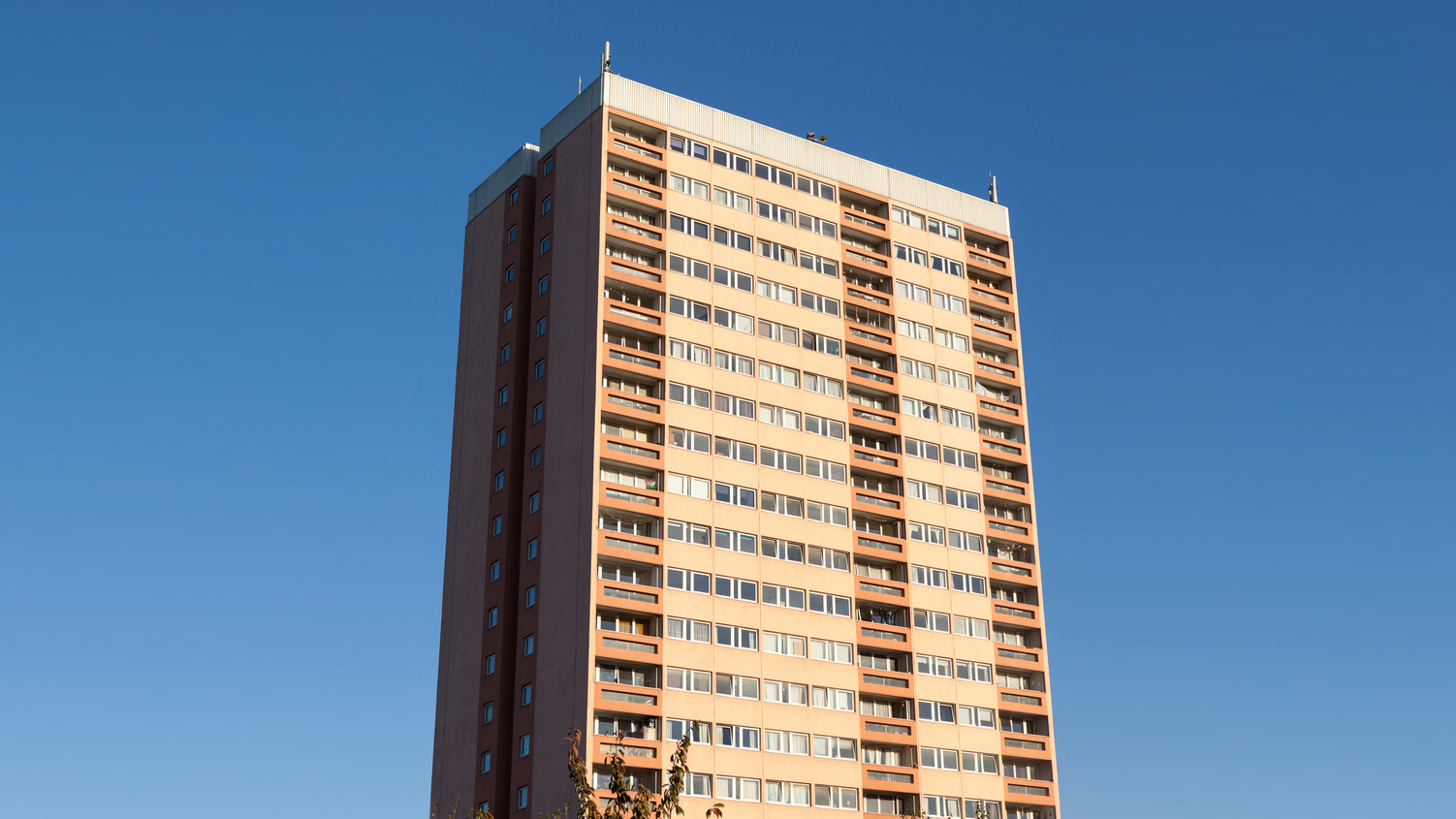
A win for leaseholders on overcharging could bring relief to high-rise home owners caught up in the building safety crisis following the Grenfell tragedy.
Leaseholders at Canary Riverside in London’s Docklands won the case against their landlord for overcharging.
A tribunal ruled in December that leaseholders should not have been asked to pay £1.5m for insurance-related services, and a further £121,000 in linked taxes.
The Respondents in the case were Canary Riverside Estate Management (CREM) and Octagon Overseas Limited, which are both subsidiaries of property developer John Christodoulou’s Yianis Group.
The ruling exposed the lack of transparency all leaseholders face when it comes to paying insurance and other service charges.
Judge Amran Vance said in the ruling: “In our view, the Respondents’ complete lack of transparency with leaseholders regarding these commission payments, paid since 2010, has been lamentable.
“The sums involved are large and constitute a very substantial percentage of the premium towards which leaseholders were asked to contribute, without any notification to them as to the nature and amount of the commissions involved.
“It was only through these proceedings that the full extent of these commissions became apparent.”
Culture of inflated charges
The Leasehold Knowledge Partnership charity said insurance fees have rightly inflated since Grenfell, and concerns around cladding and fire safety, but in some cases are being overinflated, by both insurance companies and property management companies, to make money.
The charity said it has an example where the administration of the insurance, from one management company, was costed at 43% of the sum total.
But this information is hard to come by, said the charity’s director Sebastian O’Kelly: “It’s a unique situation in that the people that have to pay the insurance are not the contracted party and so have no right to know what the contents are.
“They have no right to talk to the insurance companies because they are not a customer.”
Recovering costs
If leaseholders decide to challenge the fees through the housing court, legal costs payable are capped at £500 for both sides. So even if they win they won’t recover these costs, which can run into thousands of pounds.
However, property management companies are able to recoup legal fees if they win, via an alternative route, by charging them back to the leaseholders as an administration expense. It is likely that one or both sides will appeal, so this dispute is probably not concluded.
Post Grenfell reform should address inflated fees
Property litigator Gurpreet Sanghera, partner at specialist disputes law firm Simkins, said: “With various reforms being implemented following the Grenfell tragedy, now would seem like the perfect opportunity for the government to reform the current system.
“Where you have connected companies, there is little or no incentive for the managing agents to stand up for the leaseholders and every incentive for them to act against their interests. Managing agents should be independent and accountable to the leaseholders.”
She added: “The relationship between landlords and managing agents of residential flats and leaseholders has been broken for many years. Whilst on a day-to-day basis leaseholders have much to complain about, the reality is that without resources and time there is very little that they can do to improve their situations.
“Whilst the recent judgment will give hope to many leaseholders faced with excessive service charge bills for which there appears to be little or no accountability, in practice most leaseholders have neither the time nor the appetite to pursue matters collectively.”
The Yianis Group did not respond to a request for comment.
This article was amended on 10 January










